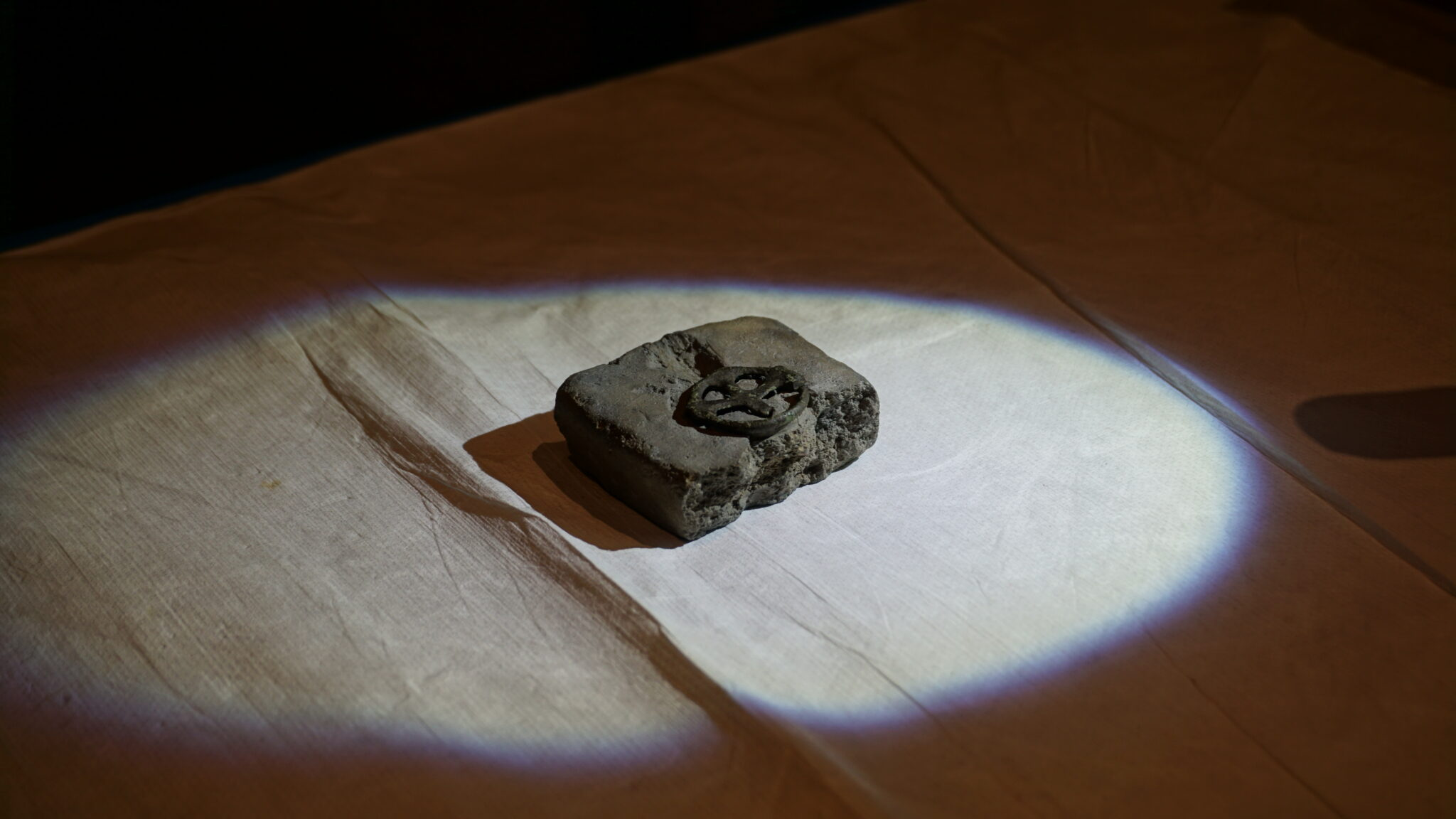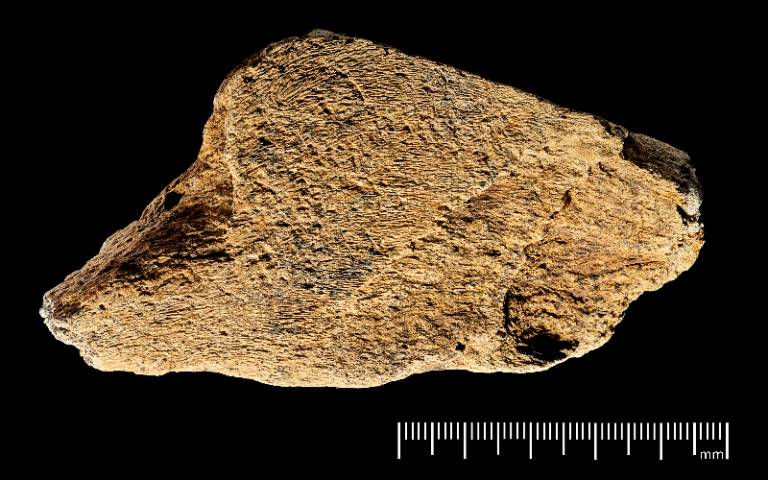In ancient Sparta, nothing was left to chance. Every custom, every law, every practice served a higher purpose—discipline, self-sufficiency, and the protection of society from excess or corruption. Even Spartan currency, which today may seem like just another means of trade, was in fact one of the most powerful symbols of the city’s austerity and inward-looking values. Sparta did not wish to resemble the other city-states. It had no interest in gold, silver, or silks—and it made that abundantly clear.
Spartan coins were intentionally heavy and impractical. Made of iron instead of precious metals, these coins were bulky and difficult to transport. According to some historical accounts, they were even treated with vinegar to weaken the metal, making them brittle and unusable for melting down or resale. This was a deliberate move, serving two main purposes: to reinforce self-reliance, and to discourage the accumulation of wealth or high-value transactions that might lead to economic inequality and the rise of a wealthy elite that could threaten civic harmony.
The thinking behind this monetary policy was remarkably forward-thinking. By creating a currency so awkward and inconvenient, Sparta essentially shut down the possibility of luxury trade. Even the wealthiest merchant would struggle to carry or conceal his riches. The coin itself, by virtue of its physical burden, became a tool of social regulation and political stability.
Across the rest of the Greek world, coins were lightweight, elegant, and made from valuable materials—perfect for trade, wealth accumulation, and international commerce. But in Sparta, the very concept of wealth was viewed with suspicion, even disdain. True wealth, according to Spartan ideals, lay in virtue, military excellence, discipline, and contribution to the common good. Everything else was seen as excessive, even dangerous.
This type of currency, known as “iron money,” was not a random invention. According to the ancient writer Plutarch, it was part of the reforms of Lycurgus, Sparta’s legendary lawgiver. His legal code aimed to sever any ties to luxury or the corrupting power of money. These laws promoted collectivity, simplicity, and a deliberate inwardness—traits that made Sparta distinct among its peers.
Today, we might wonder why a society would intentionally isolate itself economically. But the answer lies in Sparta’s very identity. It was a warrior society: closed-off, hard-edged, proud, and self-reliant. Its heavy coins were more than just a medium of exchange—they were a statement:
“We don’t want your wealth. We value your character.”







